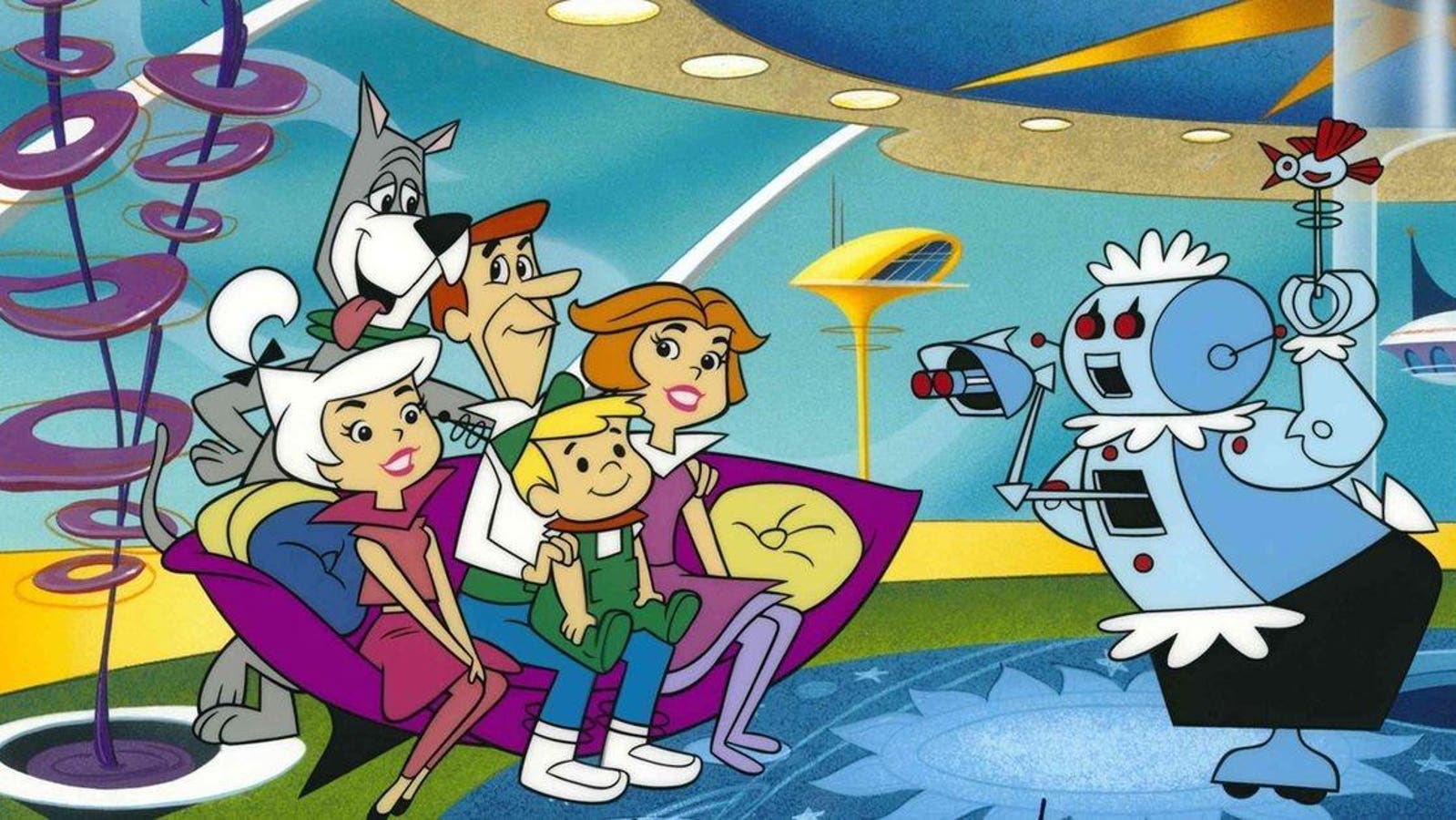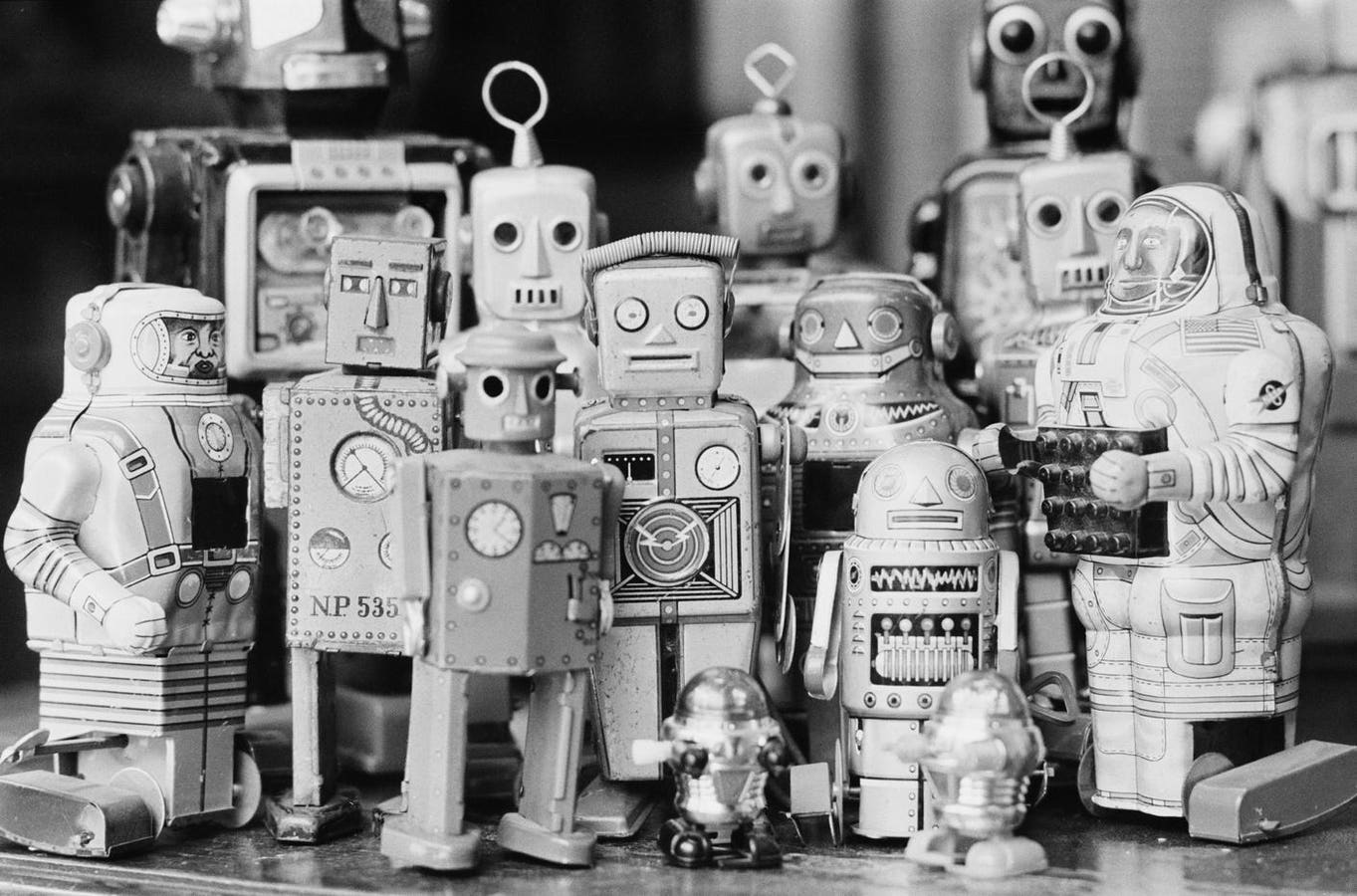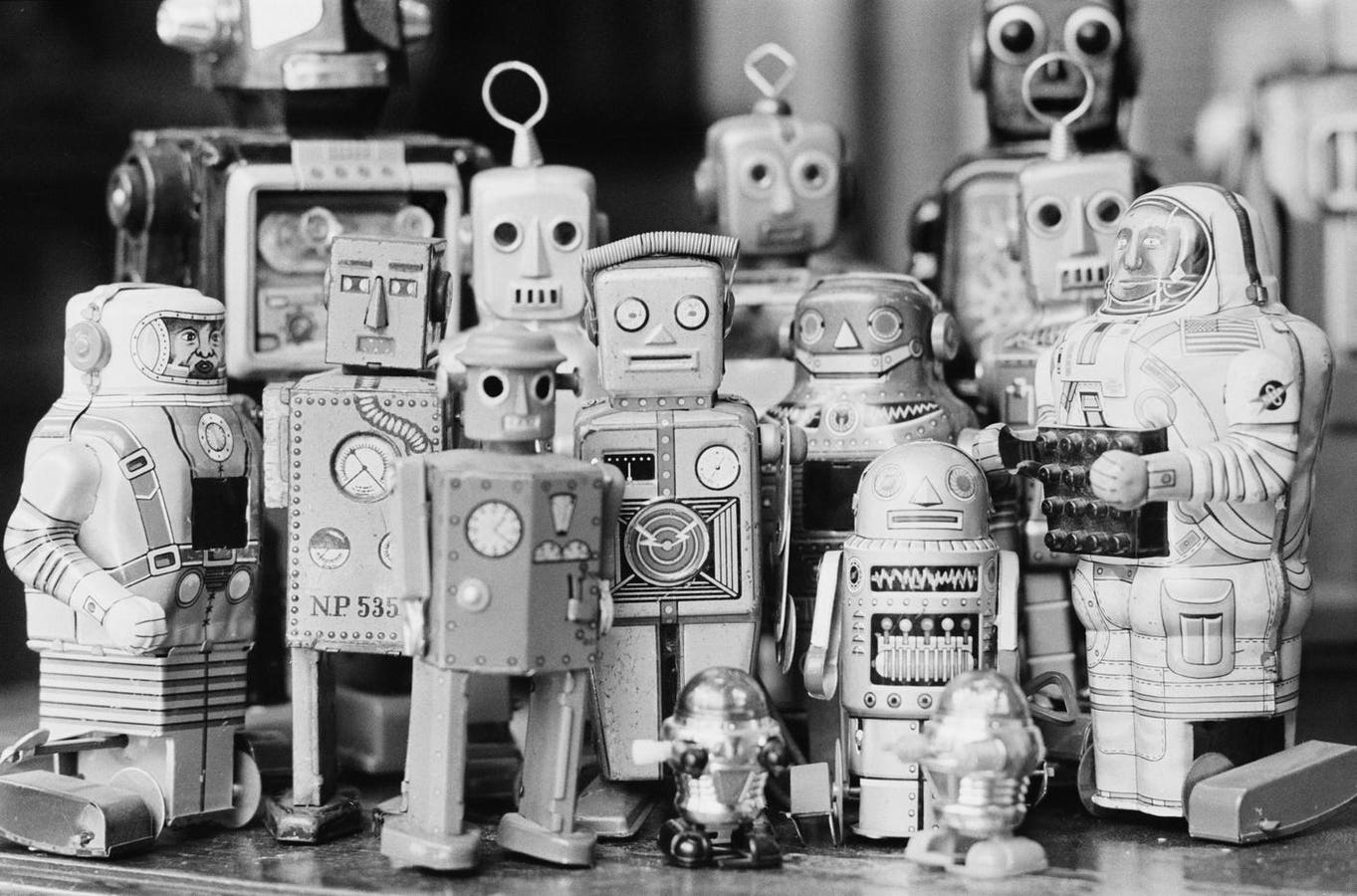## Forget Skynet, This is How Robots Will Learn to Play (and Maybe Even Beat) You
Imagine a future where robots aren’t just programmed to follow orders, but can learn, adapt, and even strategize like humans. No, we’re not talking about a Terminator uprising, but something far more fascinating: AI agents mastering the complex world of video games.

Transformers: The Architects of Intelligence

At Gamestanza, we’ve been tracking the rapid advancements in AI, and one technology stands out as a true game-changer: transformer networks. These powerful neural networks have revolutionized the field of natural language processing and are now driving the creation of increasingly sophisticated AI agents. The key to their success lies in the “attention mechanism,” a groundbreaking feature that allows AI to focus on the most relevant information within a given context.
Imagine an AI trying to understand a complex sentence. Traditional neural networks would process each word individually, potentially losing crucial relationships between words. Transformers, however, use attention to weigh the importance of different words relative to each other. This allows them to grasp the nuances of language and relationships between concepts with remarkable accuracy.
This enhanced understanding has profound implications for AI agents. By focusing on the most important information, transformers enable agents to learn more efficiently, solve problems more effectively, and interact with humans in a more natural and meaningful way.

Curiosity as a Driving Force
One of the most fascinating aspects of AI is its burgeoning ability to exhibit curiosity—a trait long considered uniquely human. Just as humans are driven to explore the unknown and seek new knowledge, AI agents are increasingly programmed with a “curiosity” mechanism that motivates them to learn and expand their understanding of the world.

Reducing Internal Uncertainties
This AI curiosity isn’t simply about seeking novelty; it’s about reducing internal uncertainties. When an AI agent encounters something new or unfamiliar, it experiences a state of uncertainty. This discomfort motivates the agent to explore, experiment, and gather information to resolve the uncertainty. This process of reducing internal uncertainties is, in essence, how AI learns.
Imagine an AI agent navigating a virtual environment. It might encounter a door it hasn’t seen before. Driven by curiosity, it will explore the door, try to open it, and learn about the new space it leads to. This exploration not only expands the agent’s knowledge about the environment but also strengthens its ability to make decisions and take actions in similar situations in the future.

Simulating Human-Like Interactions
As AI agents become more sophisticated, they are increasingly capable of interacting with humans and each other in ways that blur the lines between virtual and real. Gamestanza has witnessed firsthand the evolution of NPCs, from simple rule-based characters to complex agents with emergent behaviors and personalities.

Forming Relationships and Exhibiting Consistency
The goal is to create AI agents that can form relationships, exhibit consistent actions over time, and react to situations in human-like ways. Imagine an AI-powered virtual assistant that learns your preferences, anticipates your needs, and engages in natural conversations. Or consider a video game where NPCs have rich backstories, motivations, and relationships with each other and the player.
These advancements have profound implications for the future of gaming, entertainment, education, and even social interaction. As AI becomes more integrated into our lives, the line between virtual and real will continue to blur, raising important ethical and societal questions about the nature of consciousness, agency, and the role of technology in our lives.
Conclusion
So, what does this mean for the future of robots? The “Forbes” article paints a compelling picture: AI agents mastering video games are not just pixels and algorithms, they’re training grounds for the robots of tomorrow. By learning complex strategies, adapting to unpredictable environments, and collaborating with virtual teammates, these AI agents are developing crucial skills for real-world applications. From autonomous vehicles navigating busy streets to robots assisting in disaster relief efforts, the lessons learned in the digital battlefields of video games could be the key to unlocking a new era of intelligent machines.
